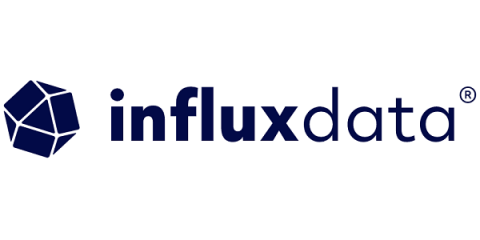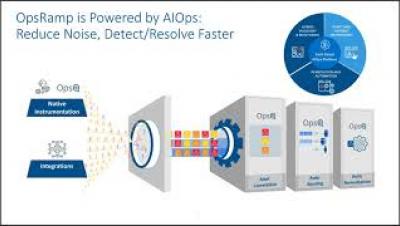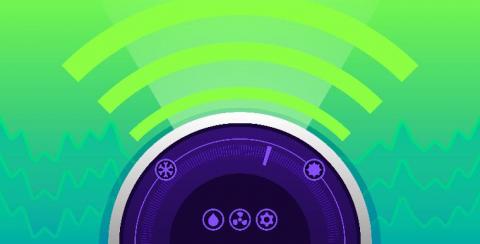Using Elastic supervised machine learning for binary classification
The 7.6 release of the Elastic Stack delivered the last piece required for an end-to-end machine learning pipeline. Previously, machine learning focused on unsupervised techniques with anomaly detection. However, several features have been released over the 7.x releases. In 7.2 Elasticsearch released transforms for turning raw indices into a feature index. Then 7.3, 7.4, and 7.5 released outlier detection, regression, and classification, respectively.









